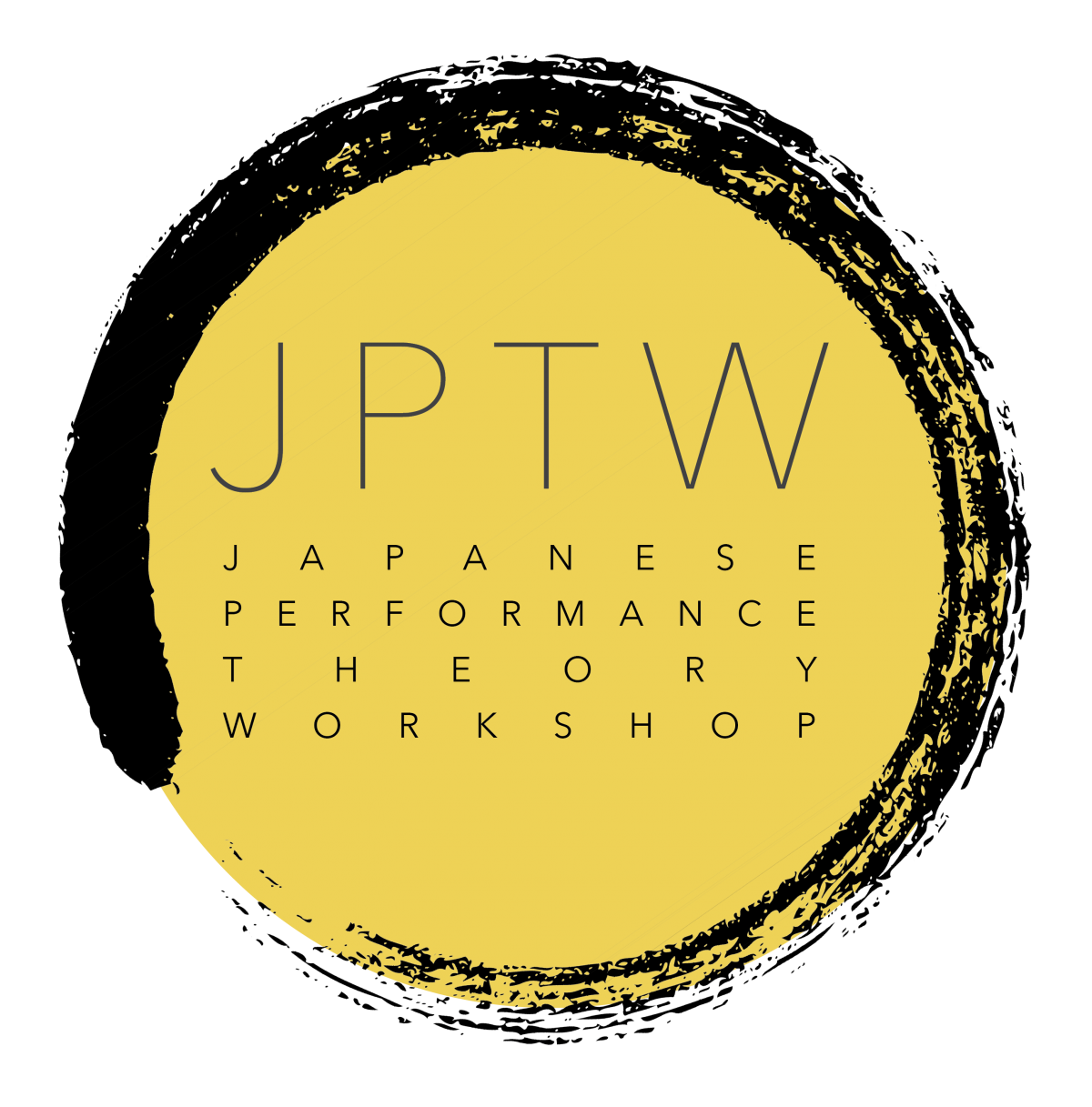Antidotes for Theory Allergies
One thing to consider when thinking about theory, which can often involve overcoming an allergy to it or a mistrust of it, is that different theories represent merely different styles of thought, lenses, or languages for responding to one’s object of analysis. The preponderance of now canonical French thinkers notwithstanding, theory needn’t be–and shouldn’t be–made a matter of memorizing a pantheon of critics to impress one’s colleagues, friends, or enemies. Rather, I like to think of theory as a style of asking questions. Granted, some of those questioning styles get more attention than others, e.g. psychoanalytic or Marxist criticism. But the most organic and interesting critiques tend to emerge not from proceeding top-down (i.e. starting with a theory and pressing its template into the text’s doughy mass), but rather from an engagement that starts with the texture of the object, interaction, or scene itself. Asking how and why questions and elaborating on those is a good way to progress: Why do none of the brown people speak in the film? How does this woman’s presence affect the men’s affection for one another? Whose pleasure is prioritized and how is the audience encouraged to identify with the desiring subject? How is deviance defined in this historical moment, and why does its definition align with certain raced or gendered traits?

